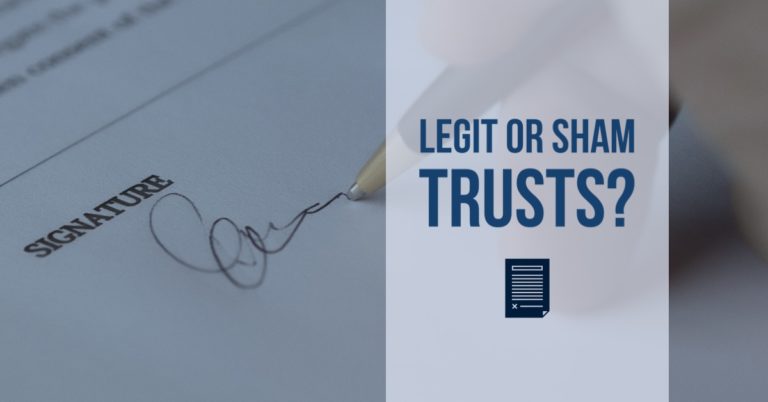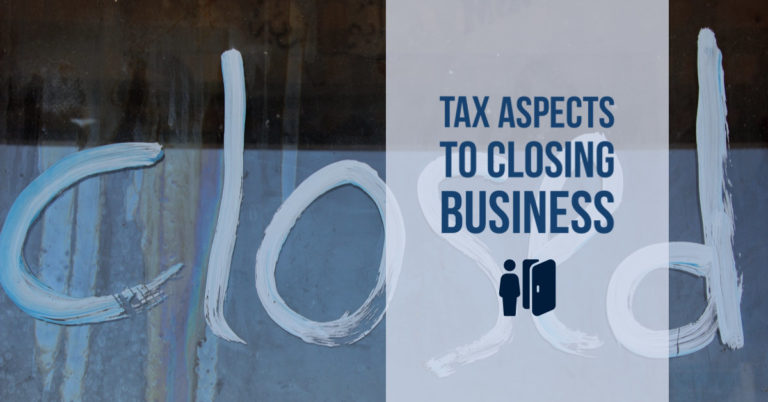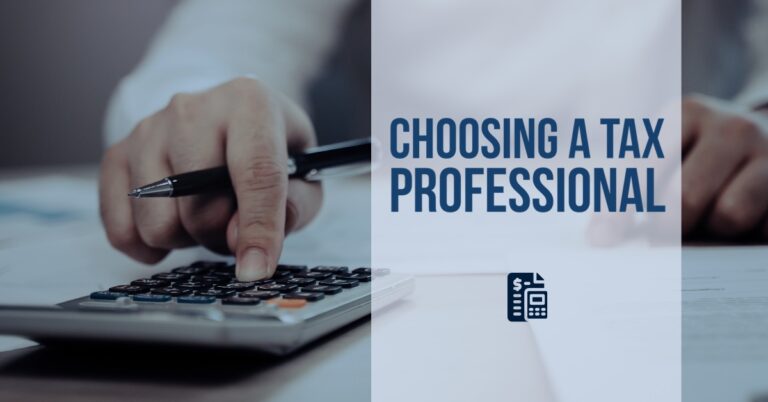Collecting stamps, woodworking, crafting, photography…people have all kinds of hobbies. Most people don’t make a profit from their hobby. However, hobbyists should be aware that if they pursue their hobby to earn income, it may also be a business.
And, of course, the IRS has addressed your hobbies. Internal Revenue Code Section 183 (Activities Not Engaged in for Profit) limits deductions that can be claimed when an activity is not engaged in for profit. IRC 183 is sometimes referred to as the “hobby loss rule.”
Find out how the hobby loss rules impact your activity.
xFind out what the hobby loss rules are and how they impact your activity.
Why Does It matter If Your Hobby Is a Business?
Generally, a hobby is an activity that a person pursues because they enjoy it and with no intention of making a profit. However, even if not operated with a profit motive, hobbies can be a source of income.
Tax Impact of Hobbies
For hobbies that do earn income, people should know that they must report it on their tax return.
However, unlike business expenses, hobby expenses that would otherwise be allowed are not currently deductible. This is because such expenses are “miscellaneous itemized deductions,” which aren’t allowed through 2025.
What’s the Difference Between a Hobby or a Business?
Determining whether your activities are classified as a hobby or a business can be confusing.
The most important thing to know when trying to determine if an activity is a business is that:
The primary purpose for engaging in a business is income or profit.
There are a few other things people should consider when determining if their project is a hobby or business. No single consideration is the deciding factor, but taxpayers should review all of them when determining whether their activities are a business.
Things to Evaluate Whether You Have a Hobby or a Business
- Is the activity conducted in a businesslike manner (business plan, separate bank account)?
- How much time and effort does the taxpayer put into the activity?
- Does the taxpayer depend on income from the activity for their livelihood?
- Are any losses due to circumstances beyond the taxpayer’s control or normal for the startup phase of their type of business?
- Has the taxpayer changed methods of operation to improve the activity’s profitability?
- Do the taxpayer and their advisers have the knowledge needed to carry out the activity as a successful business?
- Has the taxpayer been successful in making a profit in similar activities in the past?
- Does the activity make a profit in some years and how much profit it makes?
- Can the taxpayer expect to make a profit from the appreciation of the assets used in the activity?
You’ve probably dreamed of turning a hobby or avocation into a regular business. You won’t have any unusual tax headaches if your new business is profitable. However, if the new enterprise consistently generates losses (deductions exceed income), IRS may step in and say it’s a hobby—an activity not engaged in for profit—rather than a business.
Hobby Loss Rules: The Practical Consequences of an Activity Being Treated as a “Hobby”?
First, under the hobby loss rules, you can claim those deductions that are available whether or not the enterprise is engaged in for profit (such as state and local property taxes).
But your deductions for business-type expenses (such as rent or advertising) from the activity are limited to the excess of your gross income from the hobby over those expenses that are deductible whether or not the enterprise is engaged in for profit.
Furthermore, deductible hobby expenses must be taken on Schedule A of Form 1040 as miscellaneous itemized deductions subject to a 2%-of-AGI “floor.” And, because miscellaneous itemized deductions are suspended (not allowed) from 2018 through 2025, deductible hobby expenses are effectively wiped out from 2018 through 2025.
After 2025, miscellaneous itemized deductions will be allowed, so taxpayers will be able to deduct hobby expenses, up to the excess of their gross income from the hobby over expenses that are deductible whether or not the activity is for profit, and subject to the 2%-of-AGI “floor.”
By contrast, if the new enterprise isn’t affected by the hobby loss rules, all otherwise allowable expenses are deductible on Schedule C, even if they exceed income from the enterprise.
Ways to Avoid the Hobby Loss Rules
- Show a profit in at least three out of five consecutive years (two out of seven years for breeding, training, showing, or racing horses).
- Run the venture in such a way as to show that you intend to turn it into a profit-maker, rather than operate it as a mere hobby. The IRS regulations say that the hobby loss rules won’t apply if the facts and circumstances show that you have a profit-making objective.
How Can You Prove that You Have a Profit-making Objective?
In general, you can do prove that you have a profit-making objective by running the new venture in a businesslike manner.
More specifically, IRS and the courts will look to the following factors:
- How you run the activity
- Your expertise in the area (and your advisers’ expertise)
- The time and effort you expend in the enterprise
- Whether there’s an expectation that the assets used in the activity will rise in value
- Your success in carrying on other similar or dissimilar activities
- Your history of income or loss in the activity
- The amount of occasional profits (if any) that are earned
- Your financial status
- Whether the activity involves elements of personal pleasure or recreation
The classic “hobby loss” situation involves a successful businessperson or professional who starts something like a dog-breeding business or a farm. But IRS’s long arm also can reach out to more prosaic situations, such as businesspeople who start what appears to be a bona-fide sideline business.
More Information
If you have questions, contact us to discuss your situation.
To check out our other articles on business topics, click here.

Debra Annis
Debra Annis brings 40+ years of experience in accounting and tax. She helps clients overcome obstacles with cash flow, planning, stability and growth. She enjoys working with clients to find solutions that achieve their plans and avoid paying unnecessary tax.
About Smith Patrick CPAs
Smith Patrick CPAs is a boutique, St. Louis-based, CPA firm dedicated to providing personal guidance on taxes, investment advice and financial service to forward-thinking businesses and financially active individuals. For over 30 years, our firm has focused on providing excellent service to business owners and high-net worth families across the country. Investment Advisory Services are offered through Wealth Management, LLC, a Registered Investment Advisor.





